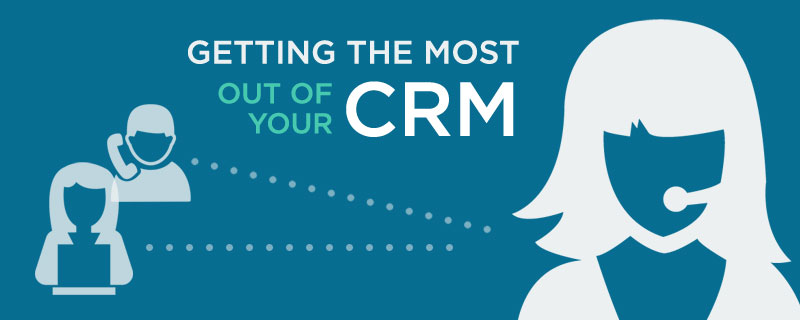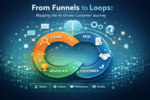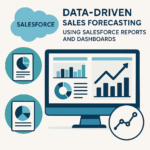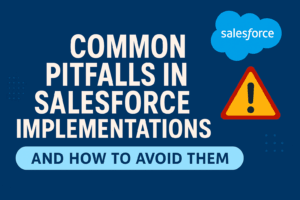BLOG
5 Essentials to Choose the Perfect CRM Software
CRM – customer relationship management – is among the fastest growing software markets of the last 10 years.
If your business is struggling to manage the daily influx of data piling up through phone lines, website traffic and social media profiles, it’s time to consider a customer relationship management (CRM) solution to help organise it all. The details aren’t just a jumble of contact information. They’re how you turn leads into customers and generate revenue for your company. Investing in a CRM system isn’t so much about sorting contact information as it is about giving meaning to the data you’ve collected. This is how you get to maximise your marketing efforts.
The technology is also used to boost customer satisfaction rates, improve service and make advertising more efficient.
Considering the multiple roles it plays, you need to carefully consider the essential elements of your perfect CRM before writing a cheque. The solution’s scope is broad in terms of both investment and expected return, so decision makers in your IT department should be just as involved as executives.
We are sharing the 5 key factors that you should look at before taking the leap and implementing any customer relationship management software.
1. Your CRM must come with a price tag your budget can afford
This is probably the number one consideration as you look at the essential elements of your perfect CRM. Many people experience sticker shock when they see what it costs.
Still, you want to invest in the most effective, powerful solution you can. Investing in a CRM system should be viewed as a capital investment more so than an overhead expenditure. The fact is that you’re spending money on technology that has the potential to turn a profit for your company by generating leads, nurturing prospects and converting customers.
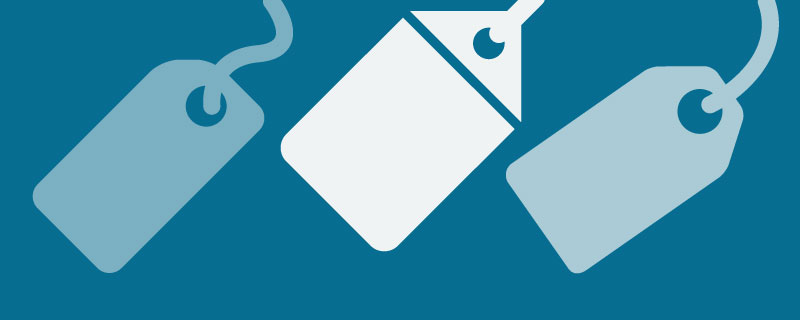
2. Consider the strength and reputation of the vendor when considering CRM solutions
In many ways, your CRM is similar to other assets your company will purchase, so make sure you do your homework as you maneuver through the decision making process. Just as you’d research a company before implementing billing software, payroll technology or fleet tracking gear, you need to carefully vet CRM solution providers before investing. Go online to hear from other customers and make sure the company has a strong track record.
3. Scalability is one of the most essential elements of your perfect online CRM tool
Your business is not likely to stay the same size over time, as your operations may expand, shrink or change in a fundamental way. Your CRM needs to seamlessly work with the way you do business now, but also feature the scalability to adapt to what the future holds.
As a practical matter, you can’t accurately determine the CRM capabilities you’ll need in several years, but at least you’ll have the confidence that the solution can respond to changes in your organisation.
Ensuring a good integration with external tools will also help you get there as your company changes.

4. For mobile users, your CRM should have optimisation and syncing capabilities
Chances are at least some of your company’s team members conduct their day-to-day affairs via a mobile device, whether it’s a smartphone or tablet.
Your CRM must-have features that make mobile access efficient, with all the functions of the larger scale version. This is especially true for sales staff, support personnel and other employees who primarily work off-site with prospects and customers.
Mobile optimisation makes the CRM features easy to navigate while syncing capabilities update system data in real time. Both are critical to managing the information contained within the solution.
5. A CRM solution should offer the choice of web-based or on-site
There are distinct reasons a company may choose one over the other, as each option offers advantages.
A web-based CRM system enables a company to access the solution features without having to invest in expensive equipment and train (or retrain) IT personnel. The system is managed by professionals and the features are accessed through the Cloud. Plus, the implementation process is much faster and less intrusive on the user end.
Companies with a larger internal IT staff may consider an on-site CRM. The cost, over time, is less than the monthly payment arrangement of a software-as-a-service solution. In addition, some companies are leery of turning over such an essential solution to a third party provider. The best CRM developers will offer you a choice.
Deciding on a CRM solution isn’t an easy task,especially considering the multitude of options available for companies of all sizes.
But, managing your data through a CRM system and improving how you interact with your customers across all devices should be your top priority.
Choosing the perfect online CRM tool, when following these 5 essentials, is not such a difficult chore. Of course, you might opt to have the experts help you assess your needs and identify the solution for you!
Are you using a CRM solution for your business? How did you make a decision? Leave us a comment, we want your input!
